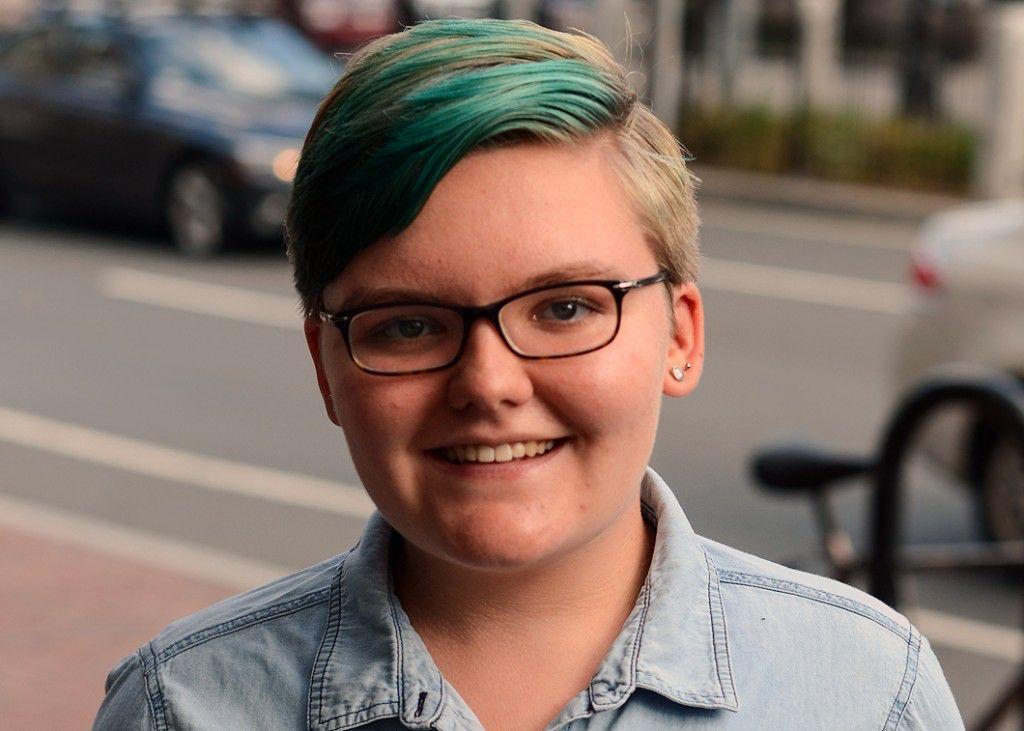Monday was World AIDS Day. Modern medicine in the United States has removed most of the fear factor that comes with Autoimmune Deficiency Syndrome. A lot of people aren’t as well informed about it, because it doesn’t directly affect them. However, because people are living longer with HIV and AIDS, there are now more people who can transmit the virus.
The goal is to have an AIDS-free world. How can you help? Well, you probably aren’t a researcher who can help find the cure. You probably aren’t a doctor who can treat patients. And you probably don’t have tons of money to donate to the cause. But you can help stop the stigma.
What would you do if you found out someone you knew had HIV or AIDS? Would you stare at them funny? Would you be afraid that you might catch it? Would you avoid them? Would you blame them?
Many people who are HIV positive or have AIDS face an awful stigma, along with their complex medical problems. The best way to help fight stigma is to be well informed. Luckily, HIV isn’t a death sentence anymore. And touching, hugging, kissing or sharing a toilet with someone who is HIV positive won’t transmit it to you.
If someone you know is HIV positive, there are plenty of ways to keep both them and yourself safe, even if you are having sex with them. The resources are out there. You should not be afraid of people who have HIV or AIDS.
A lot of the stigma stems from AIDS being originally known as Gay-related immune deficiency. Many people associate AIDS with being gay and being poor. This leads to a stigma around it, especially in areas where homosexuality is illegal. People are quick to blame HIV-positive people for their situation.
However, it’s not that easy. Most people who have HIV don’t know they have it. They don’t get tested because of the stigma, and then they transmit it to others unknowingly. Viral load is highest (meaning it’s easiest to transmit it to others) within the first few weeks of being infected, so people should be getting tested often. But if the stigma around HIV and AIDS doesn’t change, it will be harder to get people to change their behavior and get tested more often.
Over the past few weeks, campaigns have launched to help fight the stigma. There is a naked shower selfie campaign with the #weareALLclean because of the stigma that if you are HIV positive, you are dirty. These stigmas have to do with the language we use to talk about sexually transmitted infections testing and when we ask people if they are “clean.”
What you really mean to ask is, “Have you been tested?” Even, “Do you know your status?” seems less harmful than, “Are you clean?” Asking someone if they are clean perpetuates the thought process that people with STIs, whether it’s HIV or something else, are somehow less than. Somehow tarnished. Somehow incredibly infectious and something to fear.
It’s important to get tested, but if finding out your status means people will label you with “dirty” or “clean,” people might avoid getting tested. It is hard enough to get people to get tested, particularly in small communities where everyone will know if you get tested or treated.
There’s also the #FeelNoShame campaign. This one is to bring attention to HIV-positive people, particularly children in Lesotho, who are too ashamed to get care. It’s a way for people to show that everyone has secrets and things they feel shameful about, even Prince Harry.
This campaign targets the internalized stigma that many people living with HIV or AIDS have. People are so ashamed of their status that they choose not to get the help and support they need. They might stop participating in activities they once enjoyed and withdraw socially.
Without a support system, this could lead them down an even more treacherous path of anxiety and depression. They may start to do things that will poorly affect their health. And then they might end up taking their own lives before they have fully lived them.
Inner stigma can be just as harmful as outside stigma and can lead to death, just like the infection that caused it. In order to prevent this inner stigma, we need to make safe spaces for people to disclose their status and get help. I know this is more difficult in some places, such as Lesotho. But with time, hopefully, those safe spaces will become most places.
So in honor of World AIDS Day, get educated. Alter your perception about people living with HIV or AIDS. If you have the chance, change other people’s thoughts. We won’t be able to treat or prevent HIV and AIDS if people are too afraid to get tested and treated, so fighting the stigma will help lead us into an AIDS-free generation.
























































































































